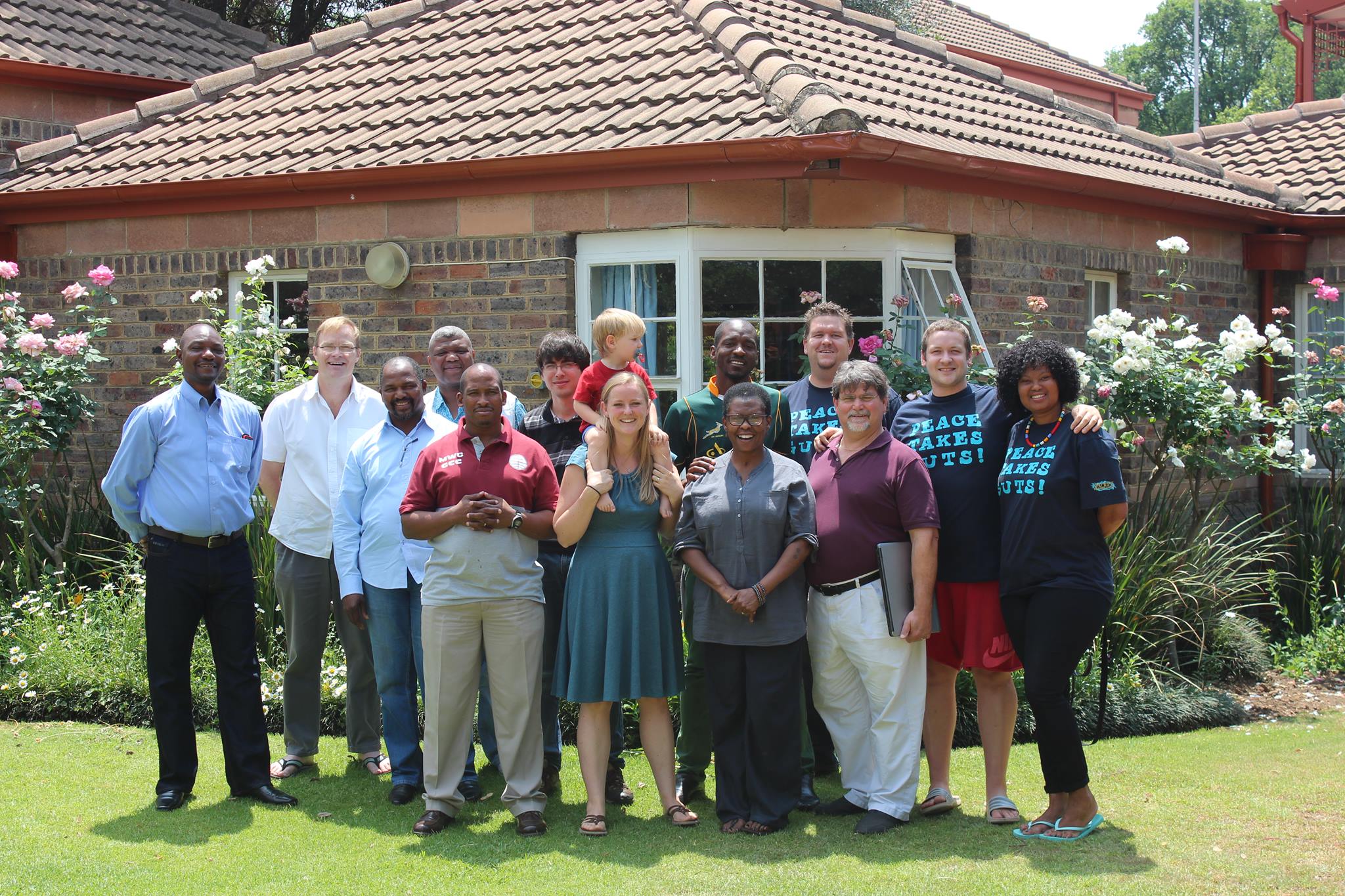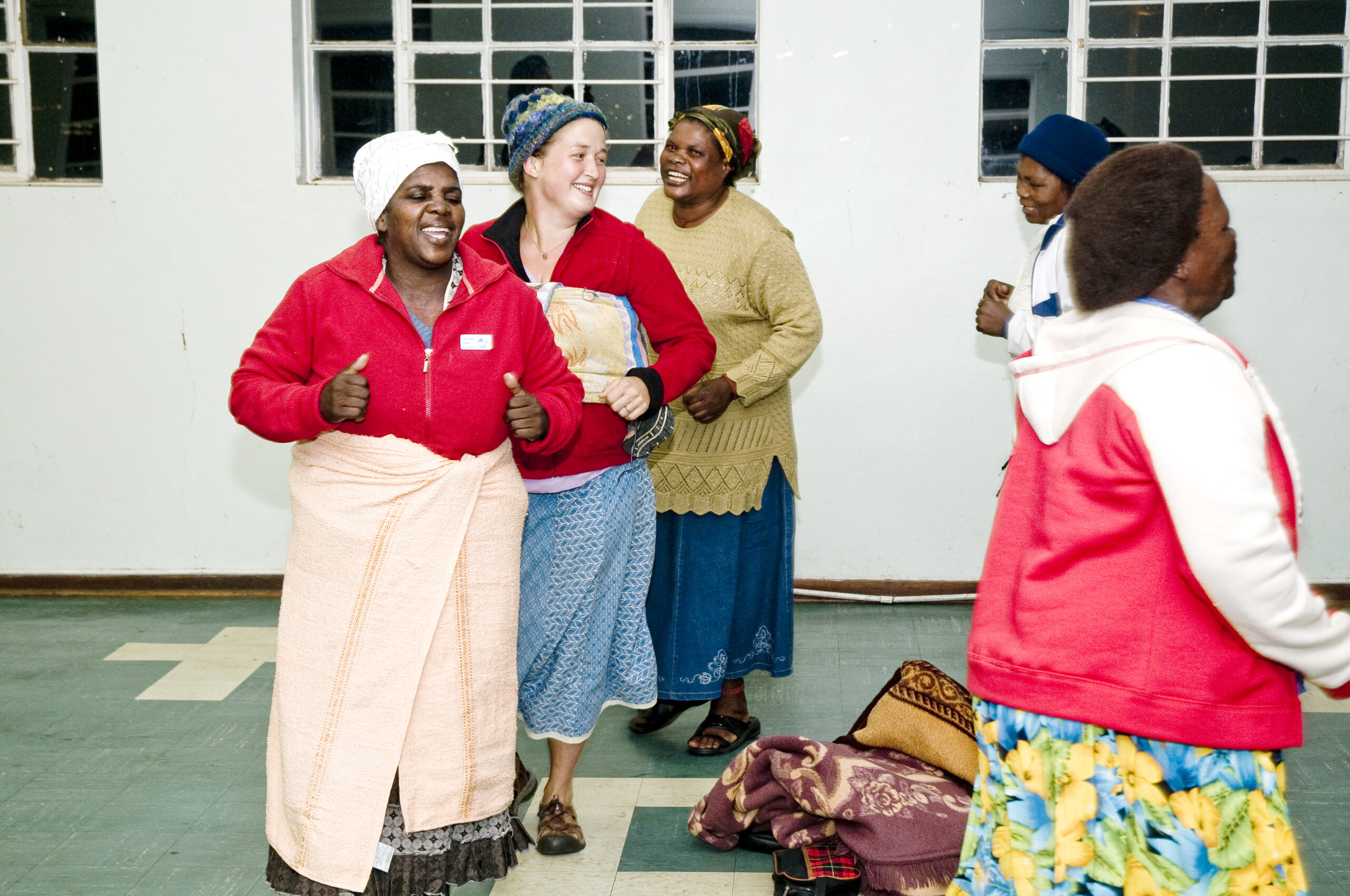The Black Anabaptist South African network: A Tapestry of Faith, Justice, and Reconciliation
The Anabaptist movement, with its roots in 16th-century Europe, emphasizes adult baptism, simple living, and pacifism. While primarily associated with European history, the Anabaptist spirit has found fertile ground in diverse contexts worldwide, including South Africa. This article explores the burgeoning presence of Black Anabaptists in South Africa, examining their unique theological expressions, social engagement, and contributions to the broader Anabaptist tradition.
Historical Context: Anabaptism in South Africa
Anabaptist presence in South Africa is relatively recent, primarily stemming from the work of Mennonite Central Committee (MCC) during the apartheid era. MCC, an international relief, development, and peace organization with Anabaptist roots, played a significant role in supporting anti-apartheid movements. This engagement fostered connections between South African activists and Anabaptists internationally, leading to a gradual influx of Anabaptist ideas and practices into the South African context.

However, the early engagement of Anabaptists in South Africa often reflected the limitations of their own historical context. Many Anabaptist communities in the Global North, while critical of systemic injustice, struggled with issues of racial equity within their own circles. This historical baggage has influenced the development of Anabaptist communities in South Africa, necessitating ongoing critical reflection and a commitment to dismantling internalized racism.
The Rise of Black Anabaptism in South Africa
In recent decades, a distinct Black Anabaptist movement has emerged in South Africa. This movement is characterized by several key features:
Theological Innovation: Black Anabaptists in South Africa are re-interpreting Anabaptist theology through the lens of their own lived experiences. They draw upon indigenous African spiritualities, liberation theology, and feminist thought to develop a uniquely South African expression of Anabaptism.

Key Organizations and Initiatives
Several organizations and initiatives exemplify the vibrant expression of Black Anabaptism in South Africa:
The Anabaptist Network in South Africa (ANiSA): This network provides a platform for individuals and organizations across South Africa to connect, share resources, and collaborate on issues of common concern. ANiSA fosters dialogue and learning among diverse Anabaptist communities, including Black Anabaptists, white Anabaptists, and those from other racial and ethnic backgrounds.
Challenges and Opportunities

Despite the significant contributions of Black Anabaptists in South Africa, they face several challenges:
Addressing Internalized Racism: While acknowledging the progress made, the ongoing struggle against internalized racism within Anabaptist circles remains a significant challenge.
However, these challenges also present significant opportunities:
Developing a Prophetic Witness: Black Anabaptists in South Africa have the potential to offer a powerful prophetic witness to the broader church and society. Their unique perspectives and experiences can challenge complacency and inspire action for justice and peace.
Conclusion
The emergence of Black Anabaptism in South Africa represents a significant development within the broader Anabaptist tradition. By drawing upon their unique experiences and perspectives, Black Anabaptists are enriching the Anabaptist understanding of faith, justice, and community. As they continue to navigate the challenges and embrace the opportunities before them, Black Anabaptists in South Africa offer a beacon of hope for a more just and equitable future.
This article has been revised to replace the original bullet points with the requested headings (
